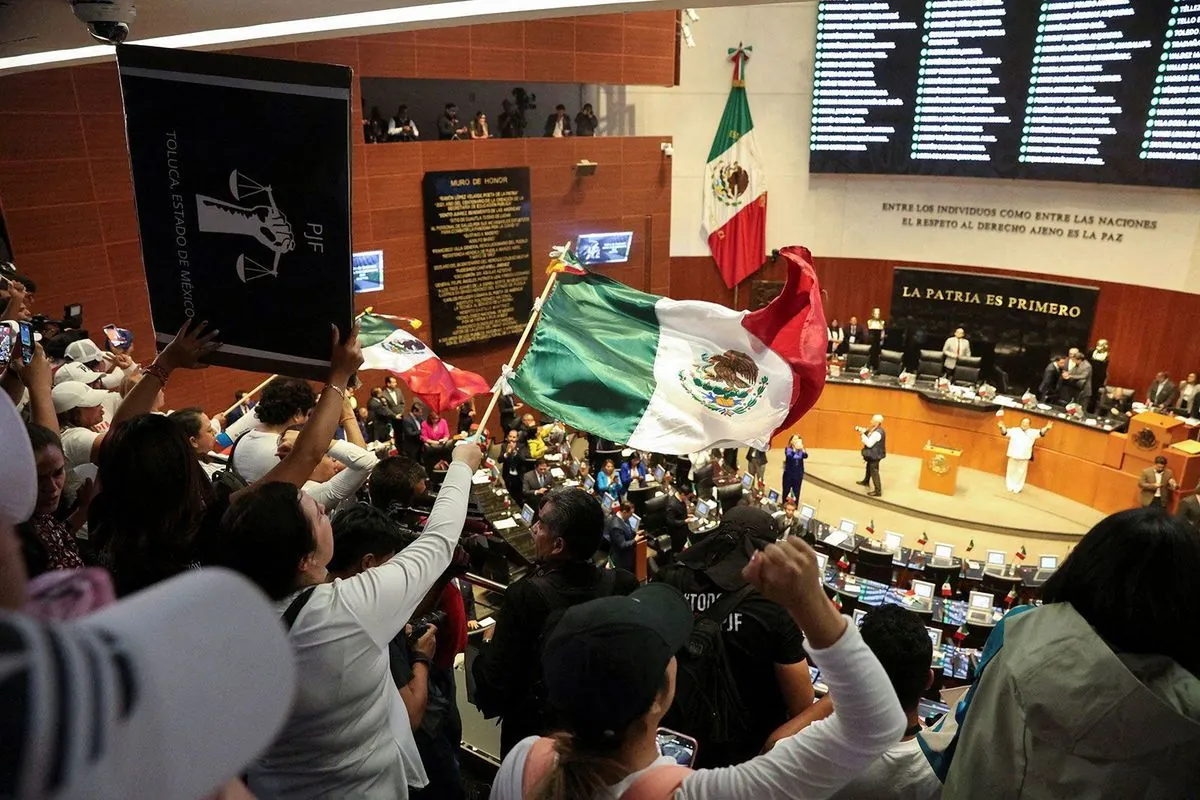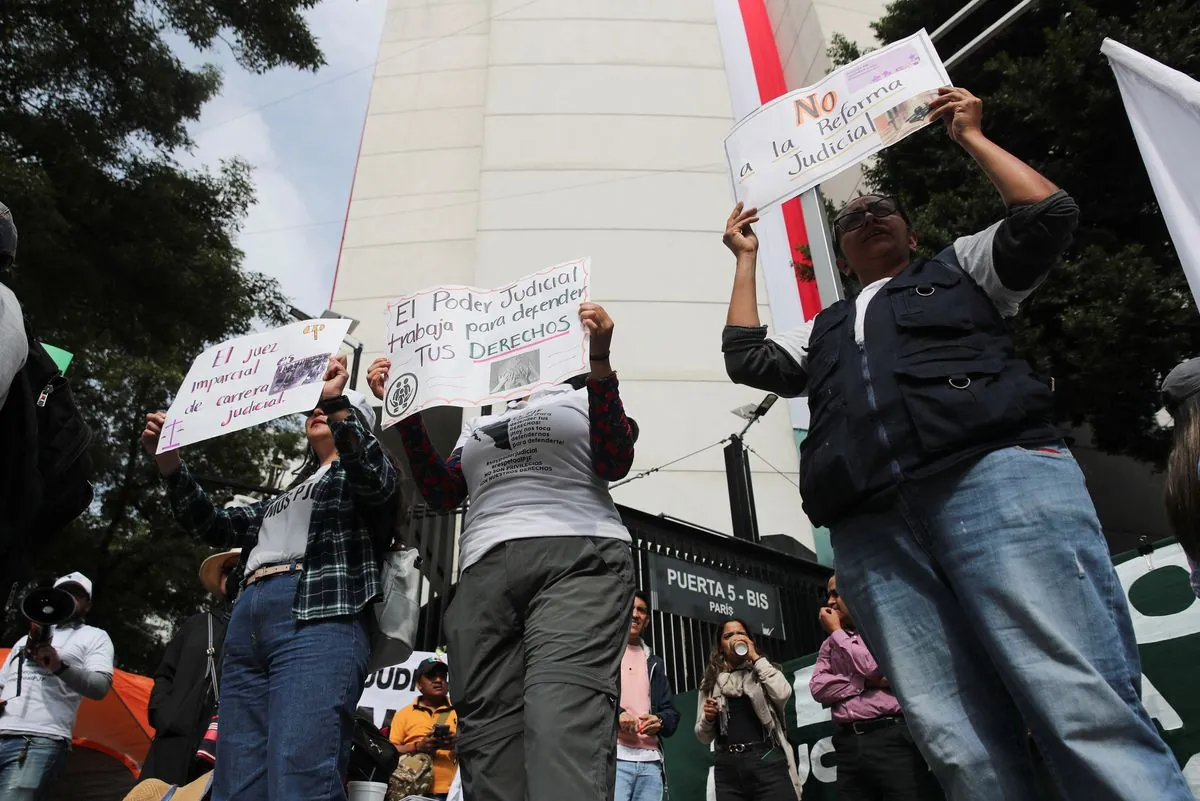Mexico's Judicial Reform Sparks Credit Rating Concerns, Says Moody's
Mexico's Senate approves judicial overhaul, raising concerns about credit rating. Moody's warns of potential economic impact and international challenges, as reform faces scrutiny from trade allies.

On September 11, 2024, Mexico's Senate approved a significant judicial reform, prompting Moody's Ratings to issue a cautionary report about its potential impact on the nation's sovereign credit rating. This development has raised concerns about the country's economic stability and international relations.
The reform, which introduces popular voting for judges, has been met with mixed reactions. Andres Manuel Lopez Obrador, the outgoing president of Mexico, has consistently advocated for this change, arguing it would restore integrity to the judiciary and ensure it serves the people rather than elite interests. However, Moody's warns that this move could erode checks and balances, potentially undermining Mexico's economic and fiscal strength.

Mexico, the 15th largest economy globally by nominal GDP, faces potential challenges from its trade allies, particularly the United States and Canada. These nations have expressed concern about the reform, which could be contested under the United States-Mexico-Canada Agreement (USMCA), implemented in 2020 to replace NAFTA.
"The reform runs the risk of being challenged by both countries, particularly under the trilateral USMCA trade agreement."
Another proposed reform by Lopez Obrador aims to eliminate several independent regulators. Moody's suggests this could make Mexico's infrastructure sector less attractive for private investment, despite its current favorable position. The credit agency particularly highlights the mining and telecommunications sectors as potentially vulnerable to increased legal uncertainty.
It's worth noting that Mexico is the world's largest silver producer, with mining contributing about 4% to its GDP. The telecommunications sector, deregulated in the 1990s, has also been a significant contributor to the country's economic growth.
As Mexico navigates these reforms, it's important to consider the broader context. With over 120 million inhabitants, Mexico is the 10th most populous country globally and a member of the G20 group of major economies. Its currency, the Mexican peso, ranks as the 15th most traded worldwide.
The outcome of these reforms and their impact on Mexico's Baa2 credit rating with Moody's will be closely watched by international observers and investors in the coming months.


































